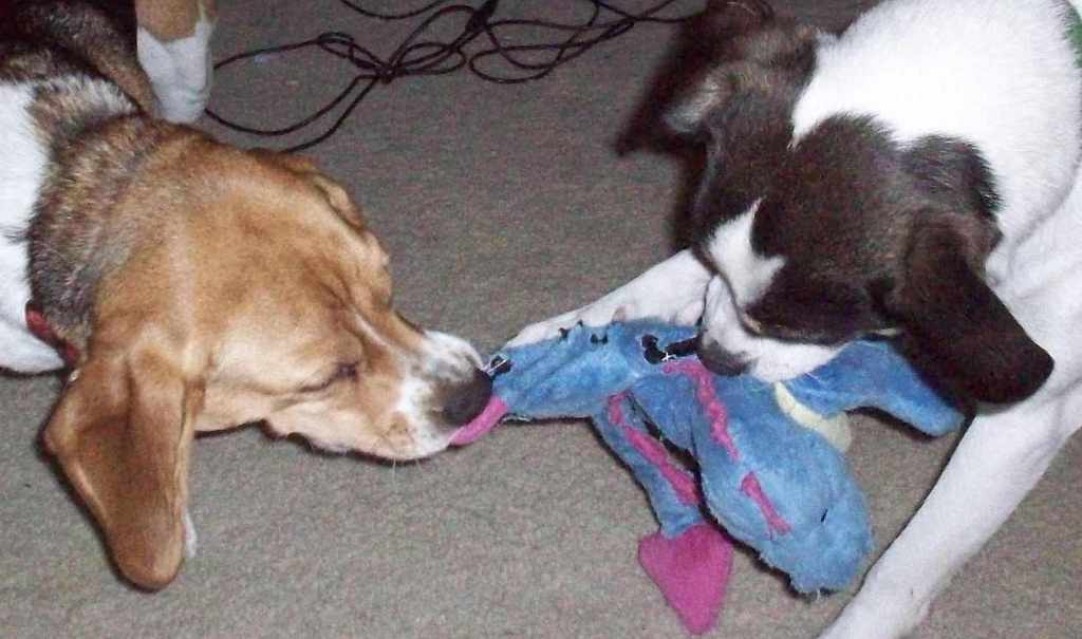
We all make mistakes. We make them in our personal lives and in our professional lives. One of the ways I judge people (because we all judge people) is based on how they handle those mistakes. Do they deflect? Offer excuses? Or take responsibility and try to make it right?
In our work lives, it can be scary to take responsibility for a mistake. It could cost you your job; it has me. (Well, not necessarily the mistake itself, but my attitude post mistake.) But the ability to take (or claim) responsibility for errors, as well as the ability to move on from them, is key to performing well and gaining the confidence of your peers and superiors at work.
The first story I am going to tell you took place almost 15 years ago. I lived in Nevada, where either you or the employer could end your employment within the first 30 days for any reason, or no reason, at all. No notice has to be given, no paperwork has to be filed. The position just ends, and except for tax purposes, you never worked there.
I had taken a position at a manufacturing company. I was basically doing data entry, bills of lading, shipping information and such. Two weeks into my being there, one of the senior people in the office was going on vacation. I was trained to do a few aspects of her job, which included scheduling trucks to pick up goods we were shipping. For one particular customer, there was a rule that if an order was over a specific size, we needed to schedule the truck an extra day in advance. I was also told that while the order always looked like it would be that big at the beginning of the week, by the time the trucks had to be scheduled, it was almost never that big anymore, so I really should not worry about it. (You can see where this is going, right?)
Please note that one of the other things I had been told was that overtime was in no way, for no reason, authorized.
While the senior person was gone, it came the day I would need to schedule the truck if the order was over a certain size. But because I had been assured it would not be (or that it would shrink), I did not check it until the end of the day, after doing all the other work I needed to do. Naturally, the order was big enough that I needed to call and schedule the truck. The problem was, that would take at least half an hour, and it was only five minutes from when I needed to leave.
I had been there less than three weeks, and I was left with a decision that required me to break a rule. I had no idea which one to break. I wanted to ask, but the only other person in the office had only been there two weeks longer than me, and she had not been trained on any of this.
I was young, dependent on the bus system for transportation, and so I made the decision based on my own personal wants and needs. I chose no overtime, not to schedule the truck, and to hope the delivery went down even further. However, I also made no secret of the decision I made. I told the other senior person the next morning, and I mentioned it to the VP who hired me (but who had also only been with the company for about a month). Neither of them seemed to think it was a big deal.
When the person I was covering for came back, I told her about what happened. She did seem to think it was a big deal, and I was sent to go speak to the senior VP. We talked about how what I had done had cost the company money. I nodded, said I understood, and did not worry about it too much.
Why did I not worry about it? It was a one time thing. I was training on day shift, but in the future was supposed to be working swing or graveyard. This was never going to be a job task that I was responsible for. That, and it had happened the previous week. I was over it. I had moved on.
None of this was a problem until I was back in the office. The other new staff member asked me about it, and I said that I was not worried about it; that I knew I would never make that mistake again, so I had nodded through the conversation, but I was over it.
That attitude (unsurprisingly) was not appreciated by the senior staff person I had been backing up. She went and complained to the senior VP, and that afternoon, we decided my employment there would end.
Let me be perfectly honest with you. I, in general, still feel the same way about mistakes I have made. I make them. I acknowledge them, and then I move on. I do not dwell on mistakes. I figure out how to not make them again and then get on with my work. But that does not mean I did not learn anything from this experience. I learned to be more careful about how I expressed my attitude toward mistakes and who was around when I did so. But I also learned something to look for in future employers, and something to ask in that dreaded part of the interview- do you have any questions for us.
I now routinely ask- how do you, as a company, view mistakes?







